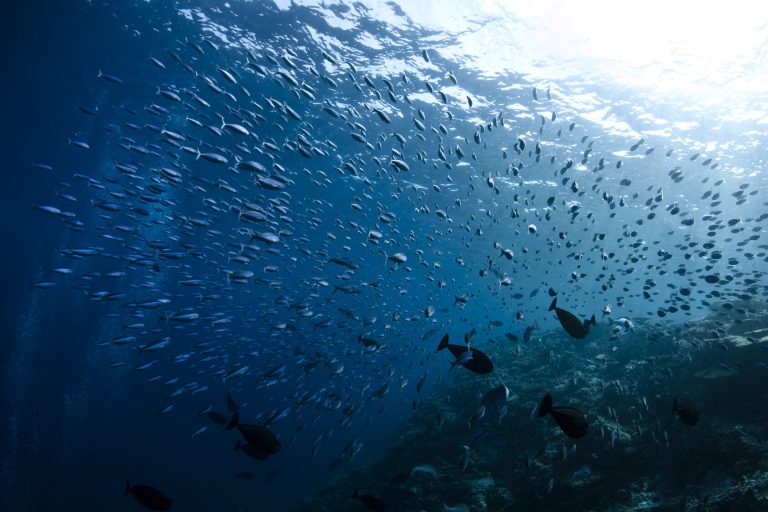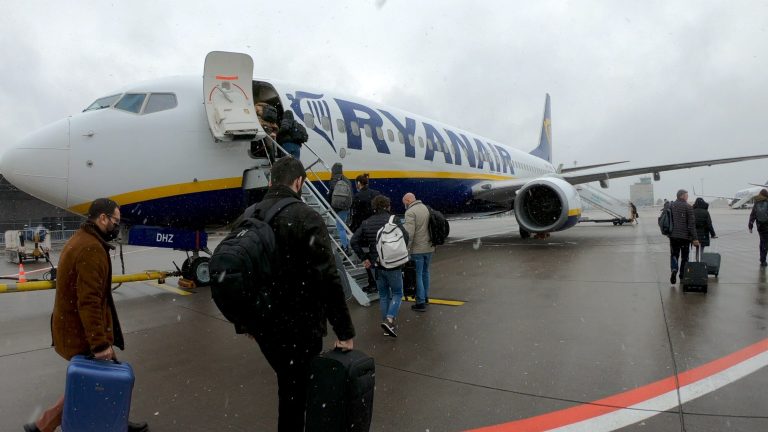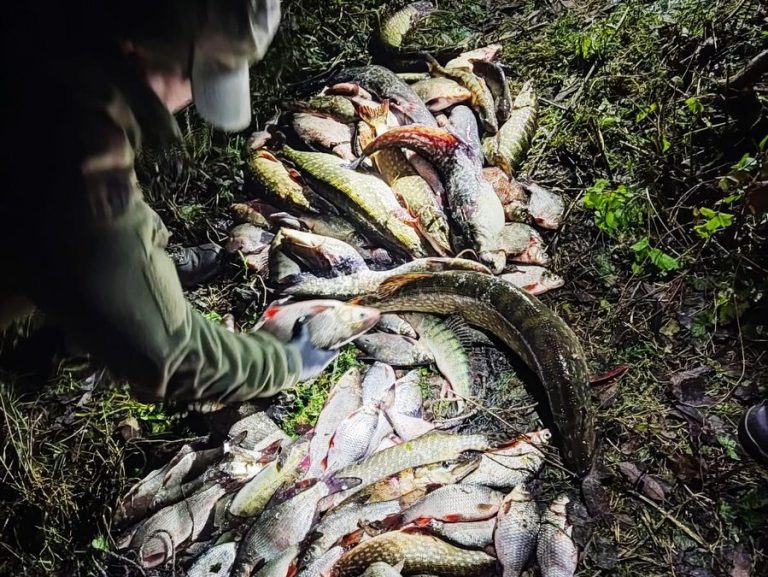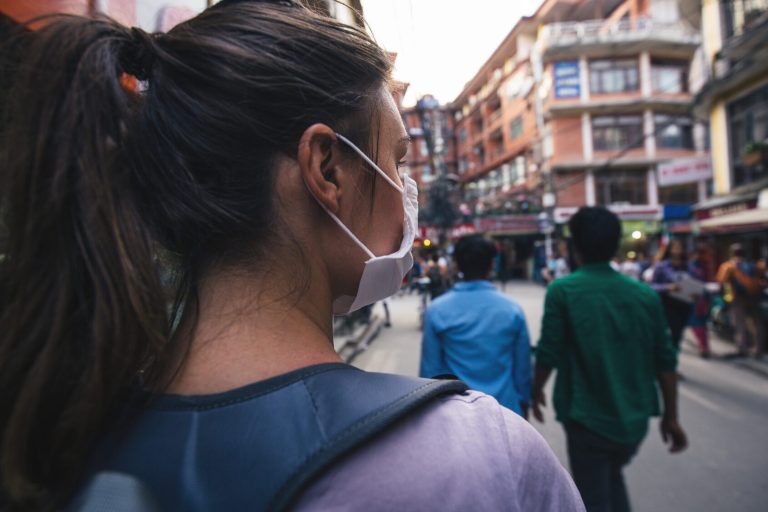Almost 40 percent Poles throw away food after Easter. An egg like a big bath
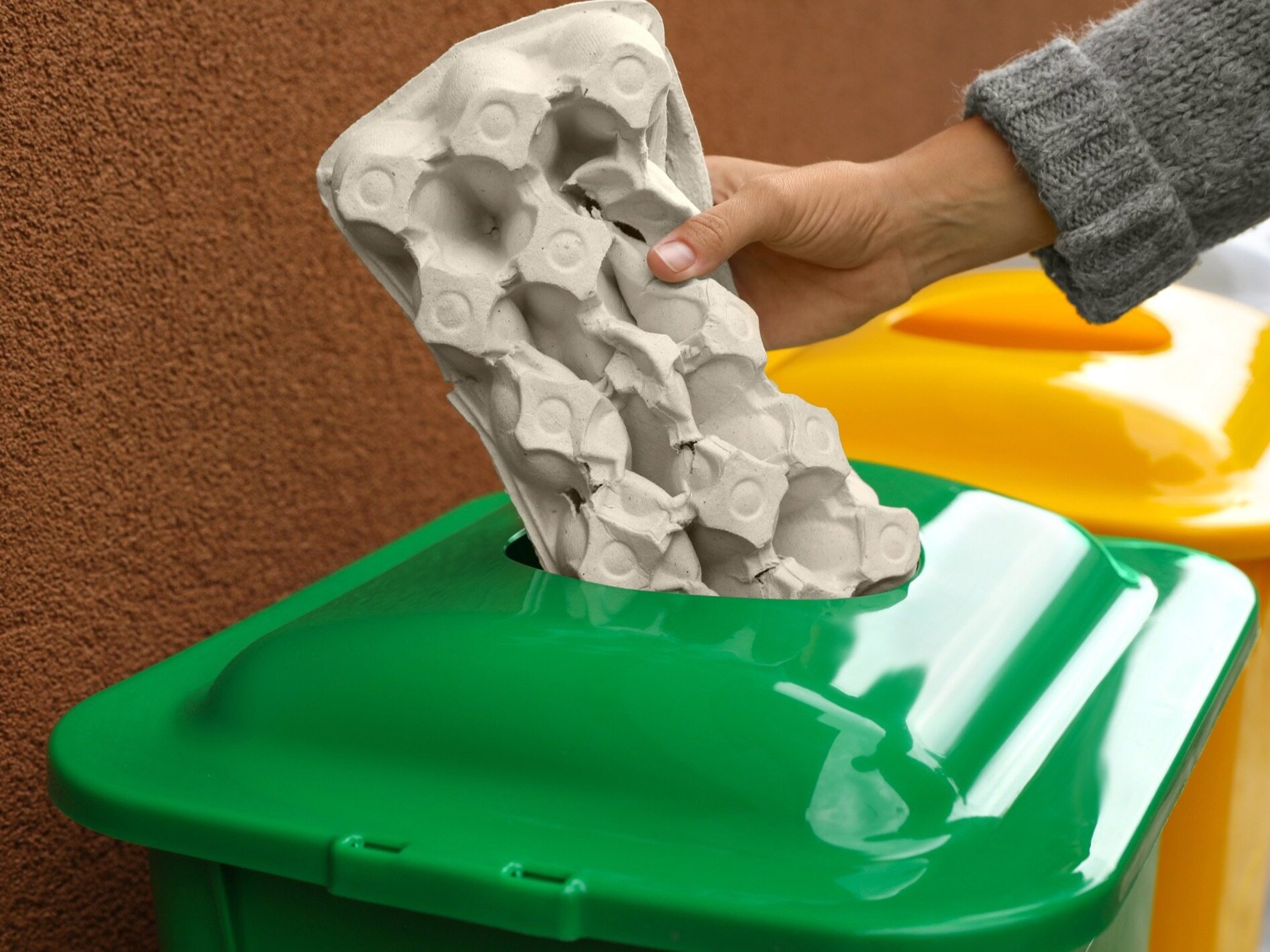
Almost 40 percent Poles admit that they throw away food after Easter. On Water Day today, it is worth paying attention to the fact that when we throw away, for example, a loaf of bread, we lose over 3,200 glasses of water, and almost 200 liters of water per thrown egg, which translates into one large bath.
Easter is fast approaching. Unfortunately, holidays are also a time when the problem of food waste becomes particularly visible. Even 2-3 times more food ends up in baskets than in other months. On Water Day on March 22, Too Good To Go also draws attention to the issue of water loss, presenting the most frequently thrown away products after the holidays and the huge amount of water needed to produce them.
What do we most often throw away after Easter?
Kantar Public's research for Too Good To Go shows that 38 percent Poles admit to throwing away food after the holidays. The most frequently thrown away products after Easter included: vegetable salad (62%), bread (39%), various types of ham (25%), fruit and vegetables (23%), sugar lamb (23%) or hard-boiled eggs (21%).
Hoekstra & Water Footprint Network data, quoted by Too Good To Go, shows that as much as 804 liters of water are needed to produce an average loaf of wheat bread (500 g) at all stages of production. This is over 3,200 glasses of water with a capacity of 250 ml. Nearly 196 liters of water are required to produce one medium-sized egg (60 g), which translates into one large bathtub. In turn, the water footprint of pork (250 g), from which Easter loin or ham is baked, is as much as 1,503 liters of water. This would be enough for 150 standard dishwasher cycles.
– As part of World Water Day and Easter, we raise awareness of how huge amounts of priceless water we use in vain, wasting good food – comments Anna Podkowińska-Tretyn, Country Director of Too Good To Go.
– Food has real value not only in economic terms, but also in terms of the resources needed to produce it. This is why the global challenge of not wasting food creates such a huge opportunity to combat climate change. If we waste less, we will not only reduce one of the largest sources of greenhouse gas emissions, but we will also avoid unnecessary water consumption – he adds.


